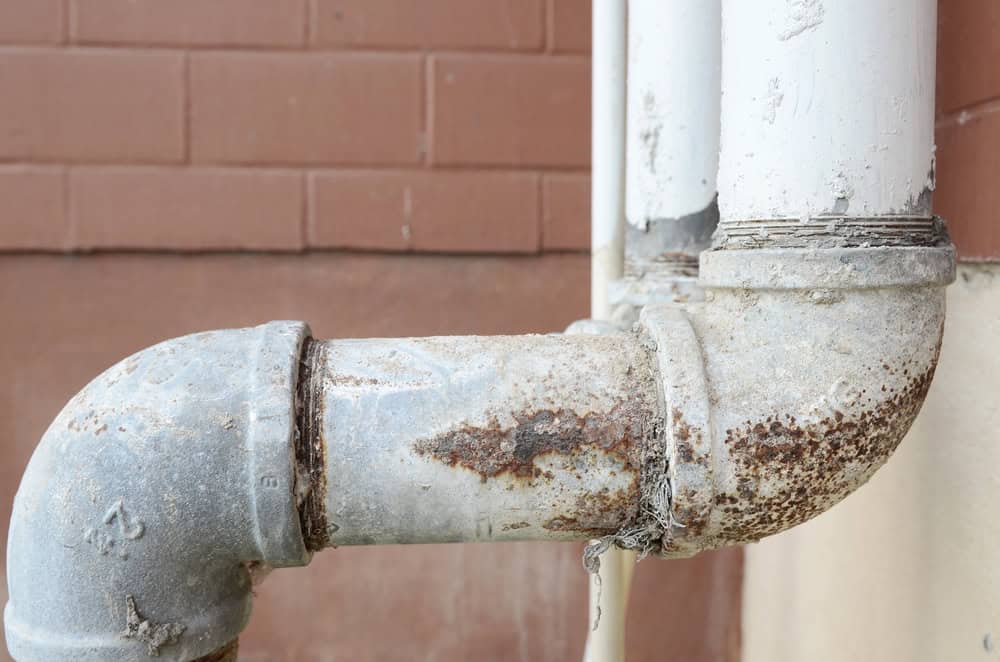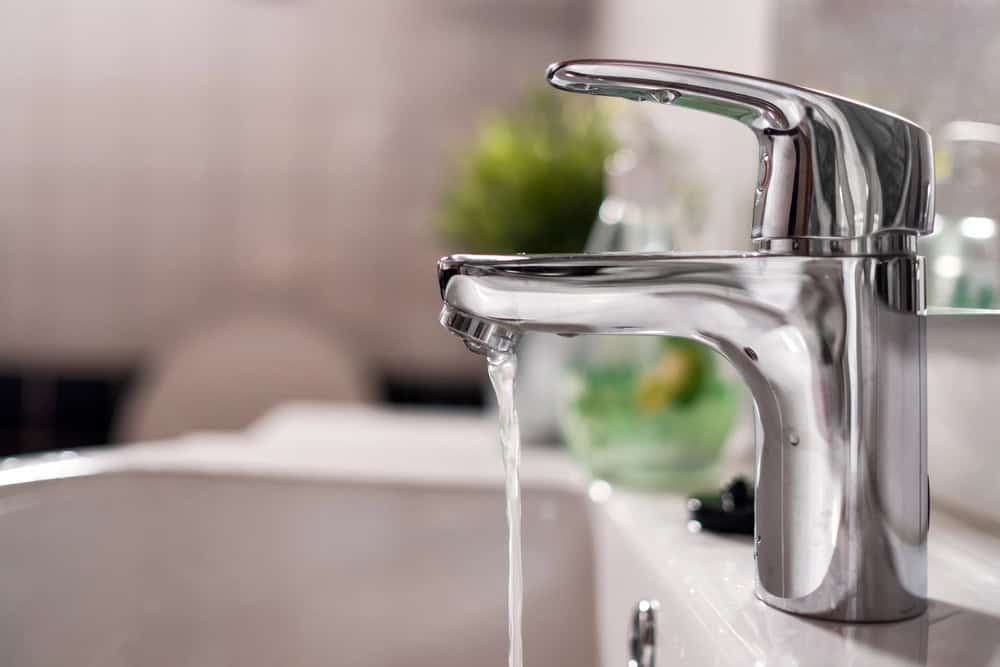Water is fundamental to our daily lives. It’s a resource we often take for granted until we face issues that threaten its quality.
From simple leaks to complex contaminants, understanding plumbing problems can help safeguard your health and well-being. Let’s explore common plumbing issues that might compromise your water quality.
Common Plumbing Problems That Affect Water Quality
Leaking Pipes
Leaking pipes can create a host of issues. Not only can they lead to water waste, but they can also introduce contaminants into your water supply.
Even small leaks can cause significant damage over time. This is particularly true in older homes where pipes may corrode or break down.
If you notice damp spots on walls or ceilings, you might have a hidden leak. Addressing leaks promptly can prevent further complications, such as mold growth, which can further degrade water quality.
Investing in regular plumbing inspections can help catch these issues early.
Clogged Drains
Clogs are not just an inconvenience; they can also lead to water contamination. When drains back up, stagnant water can harbor bacteria and other harmful substances.
Over time, the buildup of grease, hair, and debris can create an environment that fosters unwanted growth.
To mitigate this issue, regular maintenance is key. Simple practices like using strainers in sinks and disposing of waste properly can help keep your drains clear.
When clogs do occur, professional cleaning can ensure that the pipes are properly cleared without causing damage.
Water Heater Issues
Water heaters can also impact water quality. Sediment buildup in tanks can lead to discolored or foul-smelling water.
If the tank is not flushed periodically, minerals can accumulate, leading to inefficient heating and potential leaks.
If you notice a change in temperature or water quality, it might be time to service your water heater.
Regular maintenance not only extends the life of your unit but also ensures that your water remains clean and safe.
Contaminants to Watch For
Chemical Contaminants
Plumbing issues can lead to chemical contaminants finding their way into your water supply.
For example, lead pipes, frequently found in older homes, can leach lead into drinking water, posing serious health risks.
Other chemicals, such as pesticides and herbicides, can also contaminate groundwater sources.
Test your water periodically to check for these contaminants. If your plumbing contains outdated materials, consider upgrading to safer alternatives.
If your plumbing contains outdated materials, a wichita plumber can help replace old pipes and provide solutions to ensure your water is free from harmful chemicals.
Investing in a water filtration system can also provide an extra layer of protection.
Biological Contaminants
Biological contaminants, including bacteria, viruses, and parasites, can significantly impact water quality.
If your plumbing system is compromised, it can allow these organisms to enter your water supply, leading to illness.
Signs of biological contamination may include unusual tastes or odors. If you suspect contamination, it’s vital to seek professional testing. Implementing a thorough disinfection process can help eliminate these threats.
The Role of Water Pressure
High Water Pressure
While strong water pressure might seem desirable, it can cause problems. Excessive pressure can lead to leaks and burst pipes, which compromise water quality.
Over time, this can lead to significant structural damage within your home.
If you notice a sudden increase in water pressure, it might be wise to check your pressure regulator.
Maintaining optimal pressure not only protects your plumbing system but also ensures that your water quality remains high.
Low Water Pressure
On the flip side, low water pressure can also indicate underlying plumbing issues.
It might be a sign of pipe corrosion or mineral buildup, which can lead to sediment entering your water supply.
This might result in discolored or foul-tasting water.
If you experience consistently low water pressure, consider consulting a plumber. They can diagnose the issue and recommend solutions that ensure your water remains clean and safe.
Aging Plumbing Infrastructure

The Impact of Age on Water Quality
Older plumbing systems are often more susceptible to issues that affect water quality.
Corroded pipes, outdated materials, and general wear and tear can lead to various problems, including leaks and contamination.
If you live in an older home, it’s worth evaluating the state of your plumbing system.
Regular inspections can help identify potential issues before they escalate. Replacing older pipes with modern materials can significantly enhance your water quality.
Investing in your plumbing infrastructure is investing in your health.
Signs Your Plumbing Needs an Upgrade
If you notice frequent leaks, discolored water, or a sudden drop in water pressure, it might be time to consider an upgrade. Other signs include strange noises from pipes or persistent clogs.
Addressing these issues early can save you from larger headaches down the road.
Don’t hesitate to consult a professional who can assess your system and recommend necessary upgrades. Peace of mind about your water quality is worth the investment.
Tips for Maintaining Water Quality at Home
Regular Inspections
Scheduling regular plumbing inspections can be a proactive way to safeguard your water quality. A trained plumber can identify potential problems and suggest preventative measures.
These inspections can help you stay ahead of issues that might otherwise go unnoticed until they become serious.
Water Filtration Systems
Installing a water filtration system can greatly enhance the quality of your drinking water. Different systems target various contaminants, so choose one that fits your needs.
Regularly changing filters will ensure that the system functions properly and continues to provide clean water.
Proper Waste Disposal
Being mindful of how you dispose of waste can prevent plumbing issues that affect water quality. Avoid flushing items that don’t belong in toilets, and be cautious about what goes down the kitchen sink.
Simple practices can go a long way in maintaining a healthy plumbing system.
Educating Household Members
It’s essential for everyone in your household to understand how to maintain water quality. Educating family members about proper usage and disposal practices can help prevent issues from arising.
Open communication can foster a culture of responsibility that keeps your plumbing functioning smoothly.





